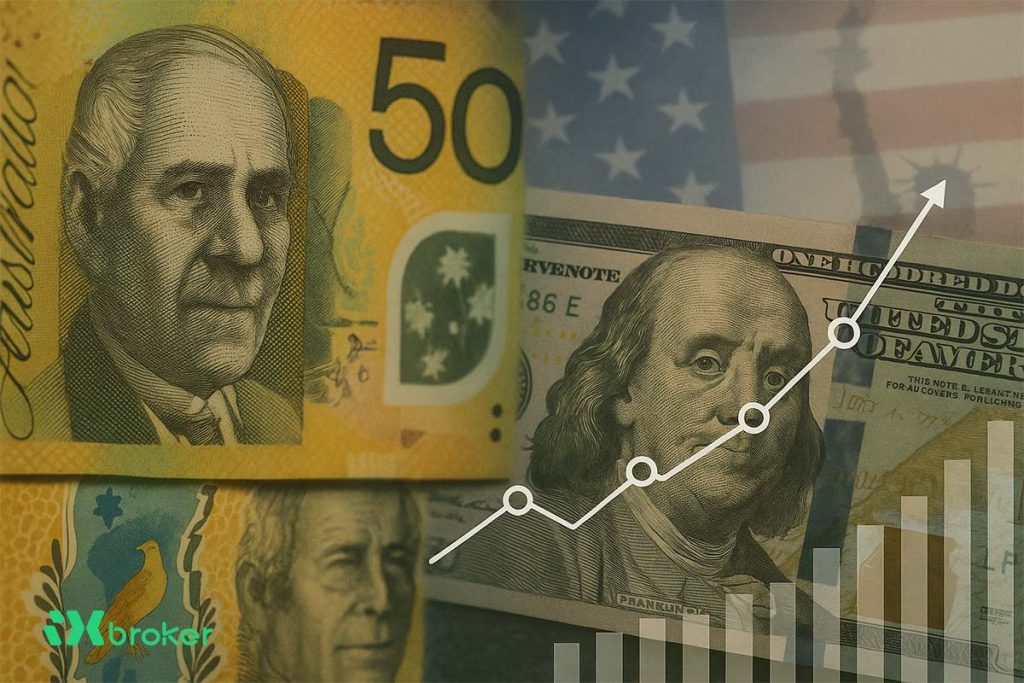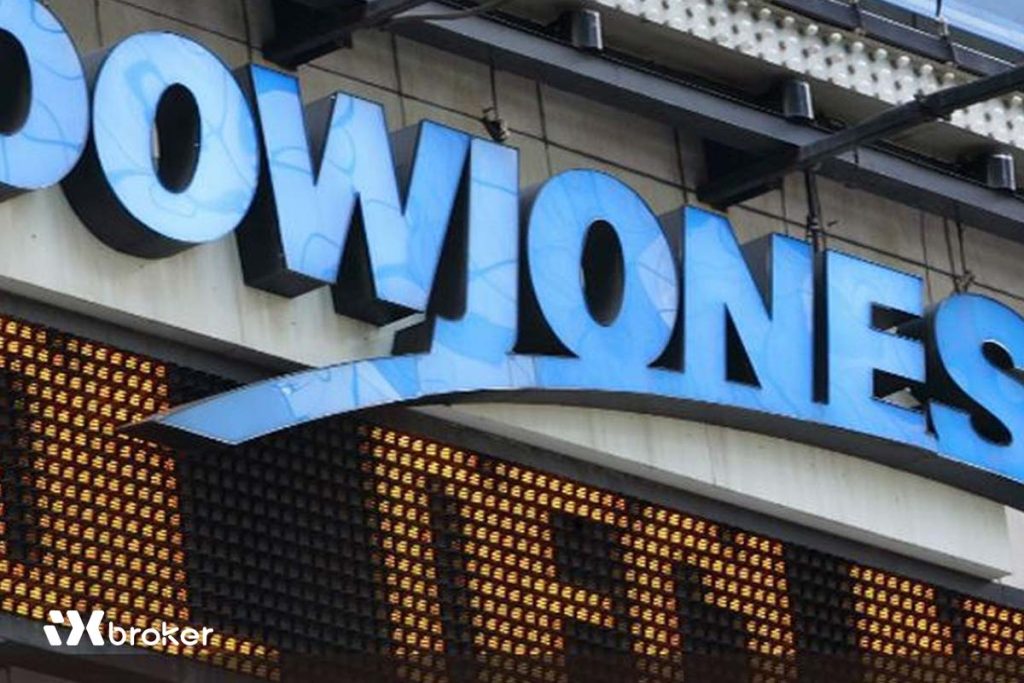Indian Prime Minister Narendra Modi pledged to strengthen relations with China. The announcement signals a strategic repositioning just days after the United States imposed heavy tariffs on Indian exports.
Shifts in alliances amid tariff shock
Meeting Chinese President Xi Jinping on the sidelines of the Shanghai Cooperation Organization (SCO) summit in Tianjin on Sunday, Modi said India is “determined to advance our relations on the basis of mutual respect, trust, and sensitivities.”
The visit marked Modi’s first official trip to China in seven years and came less than a week after Washington slapped 50% tariffs on Indian goods in retaliation for New Delhi’s continued purchases of Russian oil. Analysts say this move is accelerating India’s rapprochement with Beijing while further straining trade tensions with the U.S.
Xi, stressing cooperation over rivalry, said, “The border issue should not define the entirety of China–India relations,” and emphasized the need to prioritize economic development. State broadcaster CCTV reported Xi as saying that the Tianjin summit could “further elevate” bilateral ties.
From border tensions to economic cooperation
Relations between the two Asian giants had remained tense since the deadly 2020 clash in Ladakh’s Galwan Valley. However, in recent months, officials have intensified dialogue. On Sunday, both leaders highlighted progress in border management and confirmed the resumption of direct flights suspended since 2020.
China has recently eased restrictions on Indian pilgrims traveling to Tibet and lifted bans on exports of rare earth elements, fertilizers, and tunnel-boring machines. In return, India resumed issuing tourist visas to Chinese citizens.
Beijing has also voiced support for New Delhi in its dispute with Washington. China’s Ambassador to India, Xu Feihong, said this month that Beijing would “stand firmly” against U.S. tariffs on Indian goods.
SCO strengthens its global presence
More than 20 leaders, including Russian President Vladimir Putin, are attending the two-day summit. Founded in 2001, the organization includes China, India, Russia, Pakistan, Iran, and several Central Asian nations. Collectively, the members represent 42% of the world’s population and account for around 23% of global GDP, valued at $24 trillion.
China and Russia are increasingly positioning the SCO as an alternative to Western-led alliances. Beijing promotes the body as a “more democratic” framework for global governance.
According to analysts, India’s participation signals both a strategic repositioning in its foreign policy and a reminder to Washington that New Delhi has options beyond its traditional partnership with the U.S.



